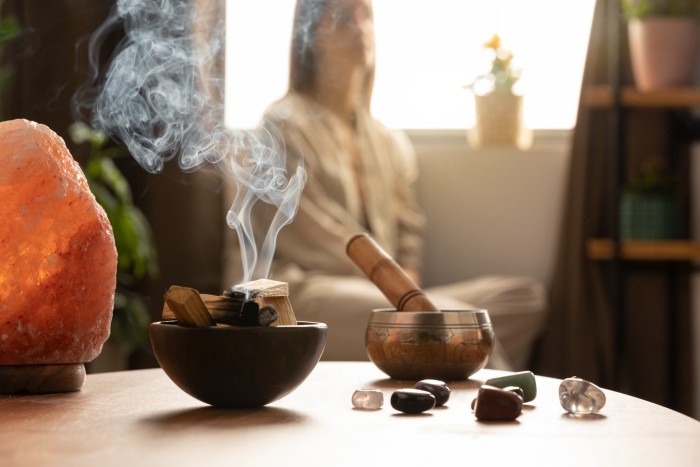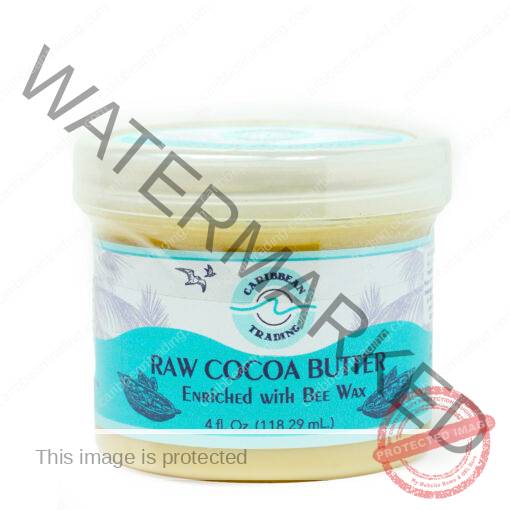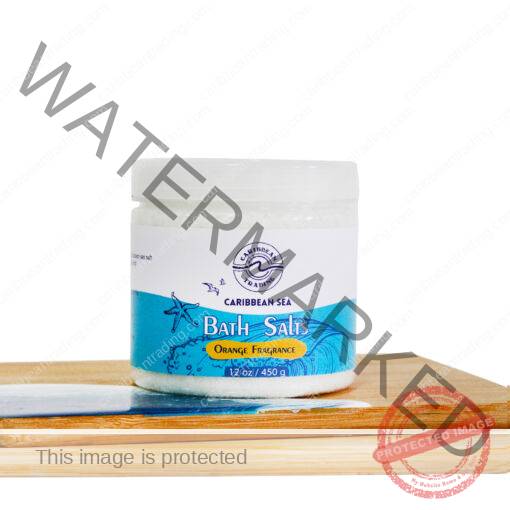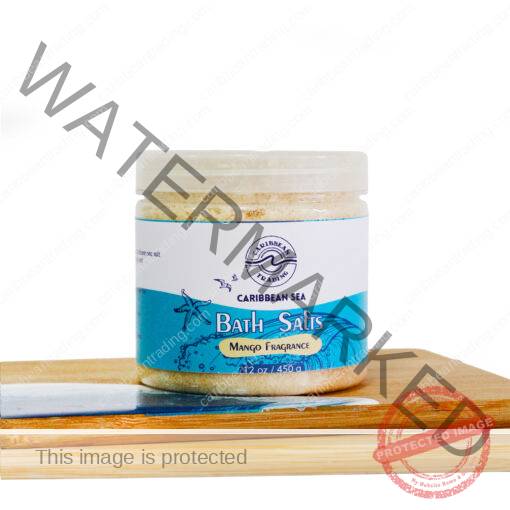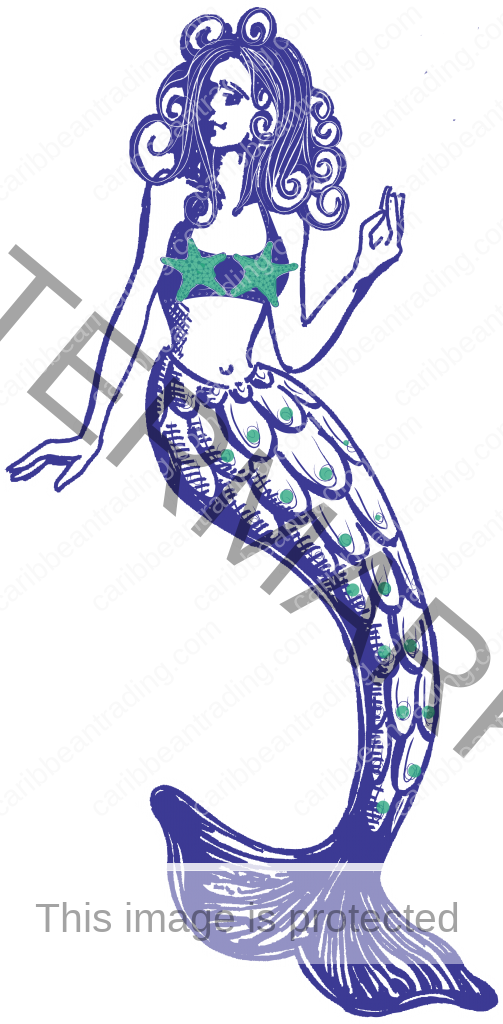Caribbean Lifestyle
The Role of Traditional Healing in Caribbean Wellness
Traditional healing practices in the Caribbean play an integral role in the region’s approach to health and wellness. Rooted in centuries-old traditions, these methods reflect the cultural diversity, resilience, and resourcefulness of Caribbean societies. Blending influences from Africa, Europe, and the indigenous peoples of the Americas, traditional healing is more than just a set of practices—it is a way of life that encompasses physical, mental, and spiritual well-being.
A Historical Perspective
The origins of traditional Caribbean healing practices can be traced back to the transatlantic slave trade, European colonization, and the enduring legacies of the region’s indigenous cultures. Enslaved Africans brought with them a wealth of knowledge about herbs, plants, and spiritual healing, which they adapted to the flora and fauna of the Caribbean islands. Simultaneously, indigenous populations shared their insights into the medicinal properties of local plants. Over time, these practices merged with European folk remedies and, in some cases, Christian religious elements to form a unique system of holistic health care.
For centuries, access to formal medical care was limited for many Caribbean communities, particularly those in rural areas. Traditional healers, known by various names such as bush doctors, obeah practitioners, or curanderos, filled this gap. They not only provided physical treatments but also acted as spiritual advisors and community leaders, addressing ailments that Western medicine often could not.
Key Elements of Traditional Healing
Traditional healing in the Caribbean encompasses a wide range of practices and philosophies. At its core is the belief in the interconnectedness of body, mind, and spirit. This holistic perspective ensures that healing is not merely about curing symptoms but about restoring balance and harmony.
Herbal Remedies and Medicine
Herbal remedies are a cornerstone of Caribbean traditional healing. Practitioners use a variety of plants, roots, and herbs to treat illnesses and promote wellness. For example, cerasee, a bitter herb, is widely used as a detoxifying agent, while ginger is a common remedy for digestive issues. Other plants like neem, aloe vera, and moringa are valued for their anti-inflammatory and immune-boosting properties.
Preparation methods range from teas and poultices to oils and tinctures, each carefully crafted to address specific ailments. Knowledge of these remedies is often passed down orally from one generation to the next, preserving a rich repository of botanical wisdom.
Besides that, there are other remedies and medicine that you can try which can be really useful. They’re great for ailments, pain or even for stress relief! This way, you’ll ensure your experience is a great one the whole holiday.
Spiritual Practices
Spirituality plays a significant role in traditional healing. Many Caribbean societies view illness as not just a physical condition but as a manifestation of spiritual or emotional imbalance. Rituals, prayers, and the use of sacred objects like candles and amulets are common in healing practices.
In some communities, spiritual healers conduct ceremonies to remove negative energies, invoke protection, or connect with ancestral spirits. These practices often reflect a blend of African spiritual systems, such as Vodou in Haiti or Orisha worship in Trinidad, with elements of Christianity.
Massage and Manual Therapies
Bodywork, including massage and bone setting, is another important aspect of traditional healing. Techniques such as “rub-ups” with medicinal oils are used to relieve pain, improve circulation, and promote relaxation. In rural areas, traditional healers may also specialize in resetting dislocated joints or treating fractures using techniques passed down through generations.
Dietary Practices
Traditional Caribbean healing emphasizes the importance of food as medicine. Certain foods are believed to have cleansing or restorative properties. For instance, soups and stews made with nutrient-rich ingredients like pumpkin, okra, and callaloo are considered healing meals. Fasting and detoxification are also practiced to cleanse the body and rejuvenate the spirit.
The Role of Community
Traditional healing in the Caribbean is deeply communal. Healers often serve as pillars of their communities, offering not just medical care but also emotional and spiritual support. Their practices foster a sense of belonging and collective resilience, particularly in times of crisis.
In many cases, healing rituals are community events. For example, ceremonies to ward off sickness or celebrate recovery may involve music, dance, and storytelling. These gatherings strengthen social bonds and reaffirm shared cultural values.
Challenges and Modern Integration
Despite its significance, traditional healing in the Caribbean faces challenges in the modern era. Globalization, urbanization, and the increasing availability of Western medical care have led to a decline in the use of traditional practices. Additionally, younger generations are often less interested in learning and preserving these methods, putting them at risk of being lost.
However, there is also a growing recognition of the value of traditional healing. Researchers and health practitioners are beginning to explore ways to integrate these methods with modern medicine. For example, herbal remedies are being studied for their potential pharmaceutical applications, while holistic approaches to health are gaining traction in wellness tourism.
Governments and cultural organizations in the Caribbean are also taking steps to preserve traditional healing knowledge. Initiatives such as documenting oral histories, supporting local healers, and promoting sustainable harvesting of medicinal plants aim to ensure that these practices remain a vital part of Caribbean culture.
The Global Appeal of Traditional Caribbean Healing
Traditional Caribbean healing has gained international attention in recent years, particularly as part of the global wellness movement. Tourists and wellness enthusiasts are drawn to the region’s holistic practices, seeking experiences such as herbal baths, detox programs, and spiritual retreats.
This global interest has the potential to both support and threaten traditional healing practices. While it provides opportunities for cultural exchange and economic growth, it also risks commodifying sacred traditions or depleting natural resources. Ensuring that these practices are respected and sustainably managed is crucial for their preservation.
Conclusion
Traditional healing in the Caribbean is more than a set of health practices—it is a living testament to the region’s history, culture, and spirituality. By addressing the interconnectedness of physical, mental, and spiritual health, these methods offer a holistic approach to wellness that resonates deeply with Caribbean communities.
As the world increasingly looks to indigenous and traditional knowledge for solutions to modern health challenges, the Caribbean’s rich heritage of healing has much to offer. Preserving and respecting these practices is not only essential for the well-being of Caribbean societies but also for fostering a deeper understanding of holistic health on a global scale.


